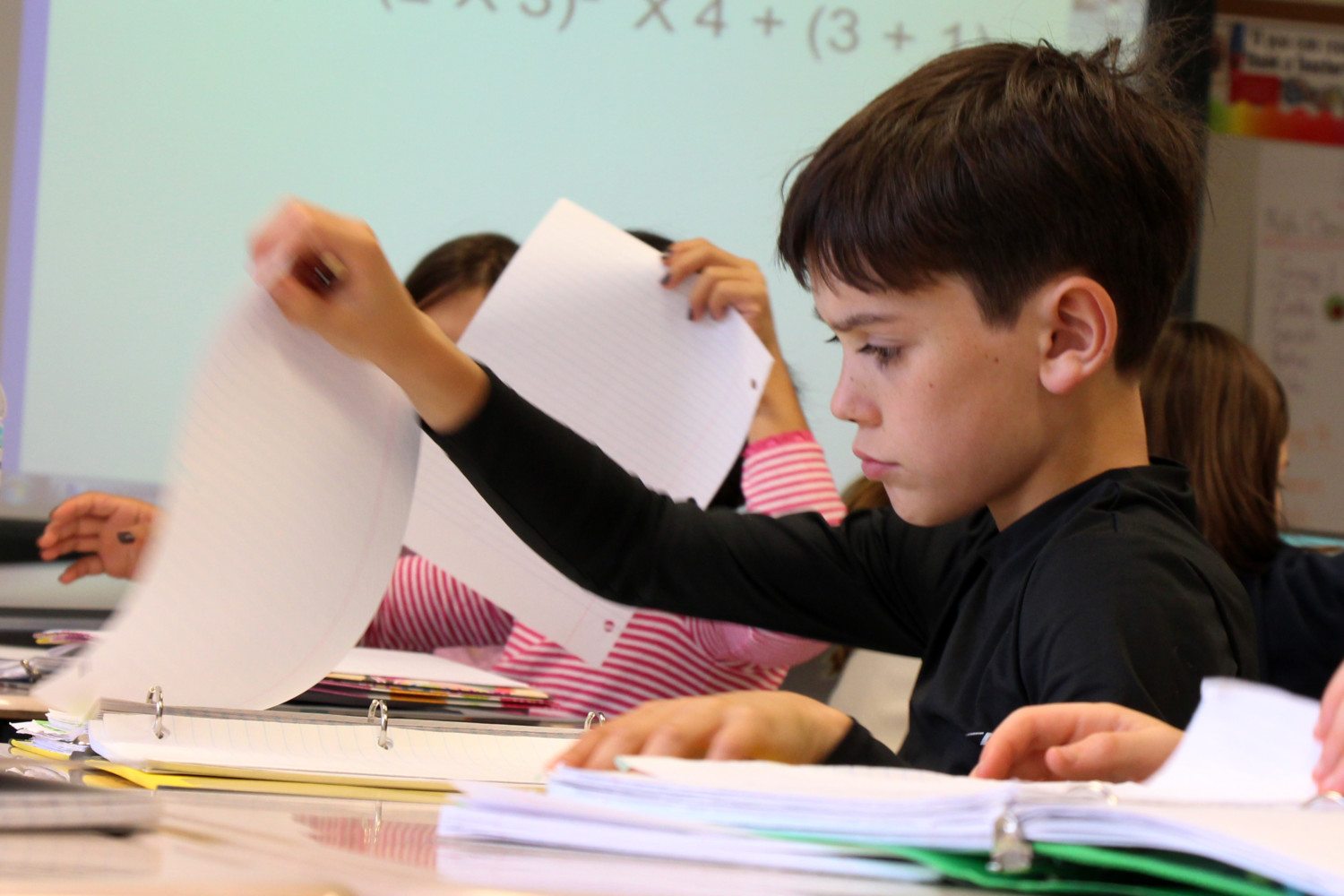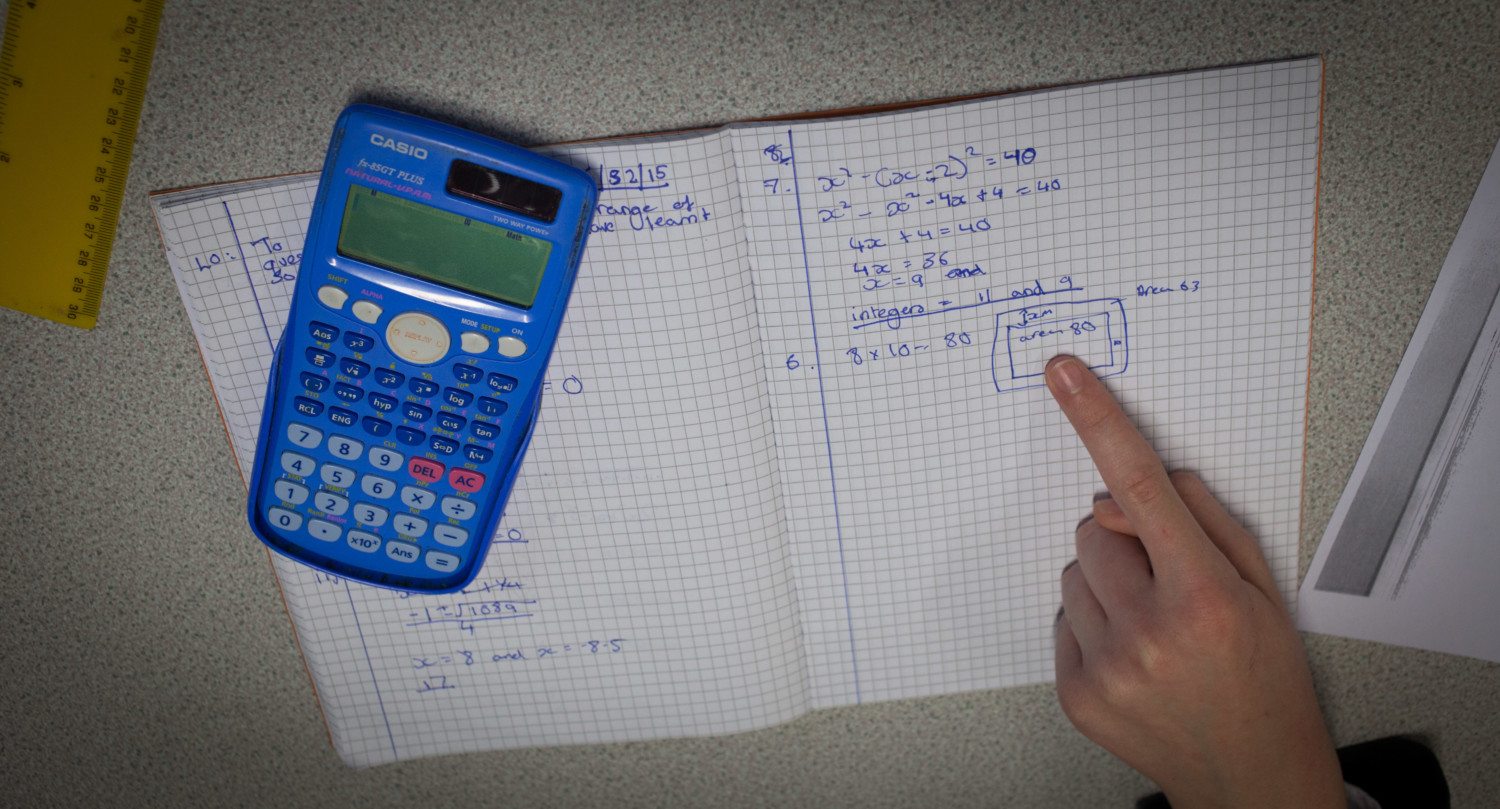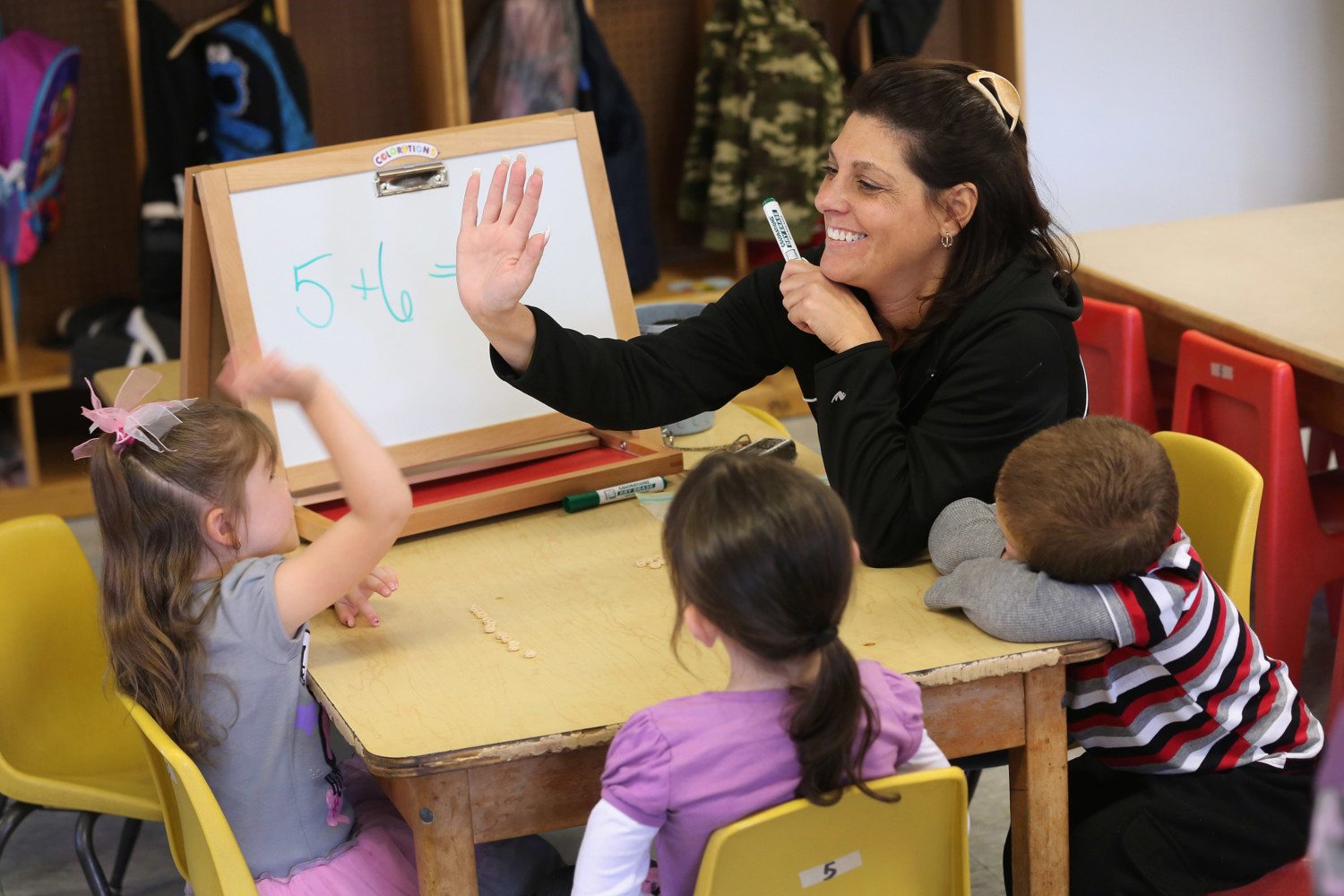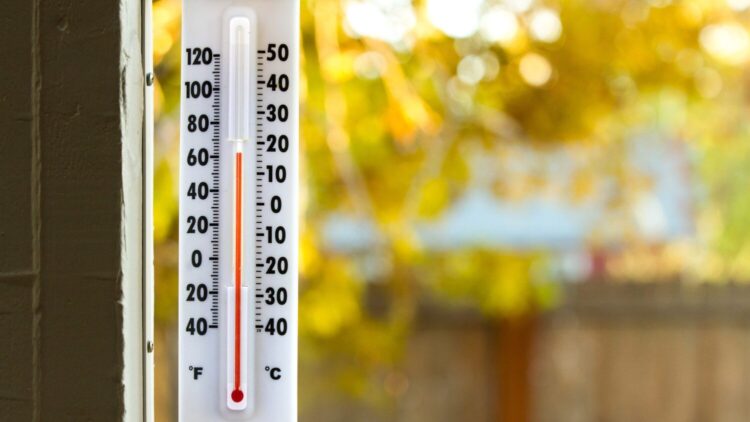Kids with positive attitudes are better at math, study finds
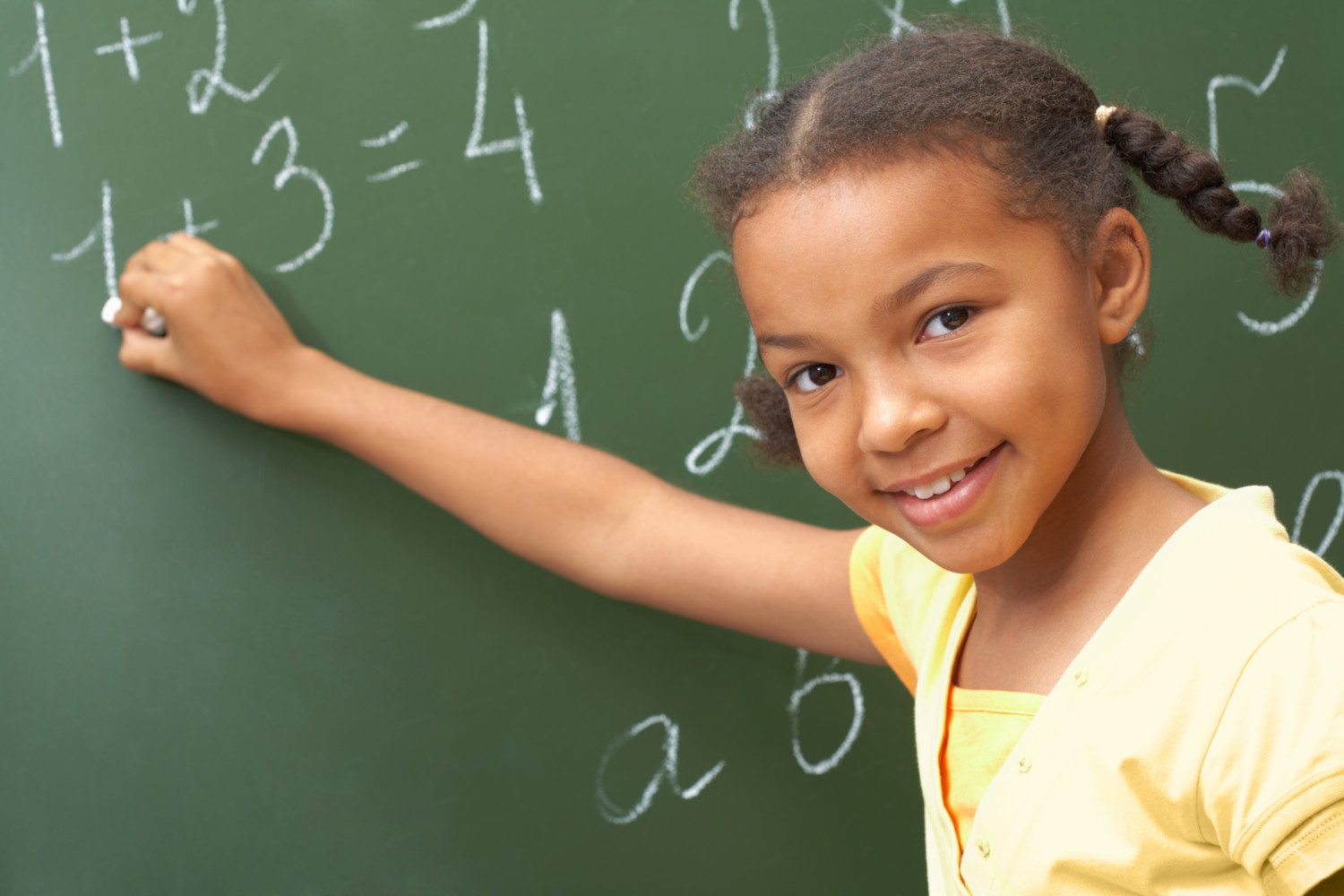
Math has never been my strong suit—and a lot of American kids seem to struggle with the subject.
My own poor performance in math classes definitely made me anxious about the subject. My self-defeating attitude created a self-fulling prophecy wherein I would worry about doing badly, which would cause me to do badly—then I’d worry even more the next time a test came around .. and so on.
Well, it turns out that I could have potentially improved my performance in math simply by having a better attitude toward the subject!
Researchers at the Stanford University School of Medicine recently finished a study of 240 elementary school students that found that having a positive attitude about math actually correlated to better scores in the subject.
But it’s more complicated than the power of positive thinking. Turns out a good attitude about math was connected to improved function of the hippocampus—an important memory center in the brain—during the performance of arithmetic problems.
“Attitude is really important,” said Lang Chen, Ph.D., the study’s lead author and a postdoctoral scholar in psychiatry and behavioral sciences. “Based on our data, the unique contribution of positive attitude to math achievement is as large as the contribution from IQ.”
The researchers were surprised to find that the students’ improved math performance was due to the enhanced memory and more efficient engagement of the brain’s problem-solving abilities that came with a positive attitude.
However, there is more to the story than just looking on the bright side. “A positive attitude opens the door for children to do well but does not guarantee that they will; that depends on other factors as well,” Chen said.
So the kids don’t just have to believe they can do well in math—they’ll have to put in the work studying, too!
The new research may influence how teachers approach struggling students moving forward.
“Typically, we focus on skill learning in individual academic domains, but our new work suggests that looking at children’s beliefs about a subject and their self-perceived abilities might provide another inroad to maximizing learning,” said the study’s senior author, Vinod Menon, Ph.D., professor of psychiatry and behavioral sciences.
The entire study was published in the Jan. 24 issue of the journal Psychological Science.


